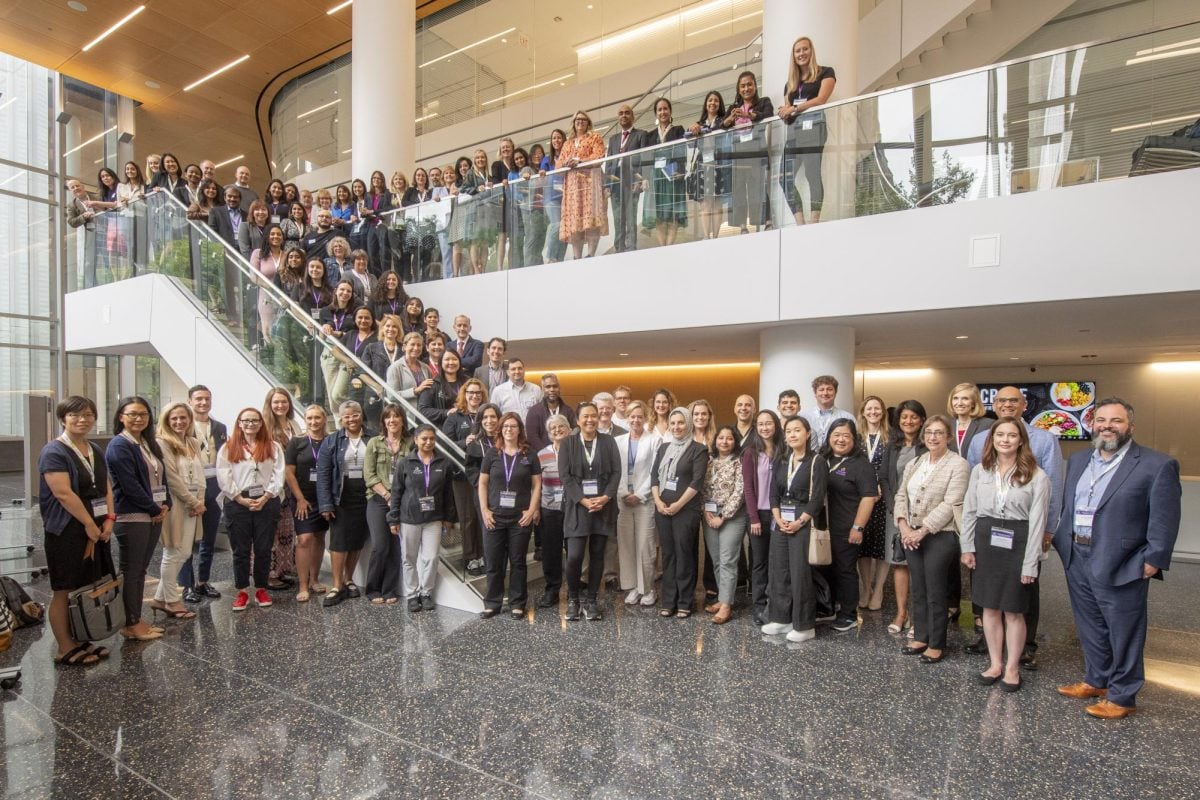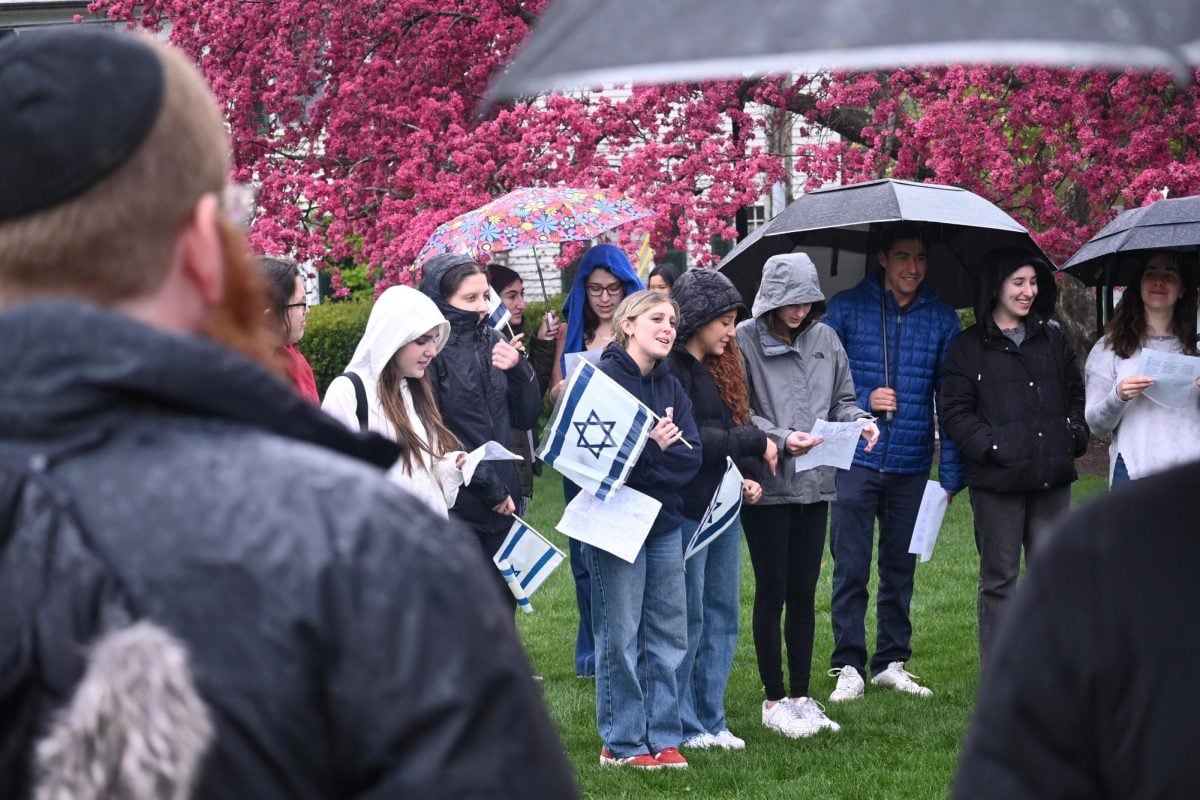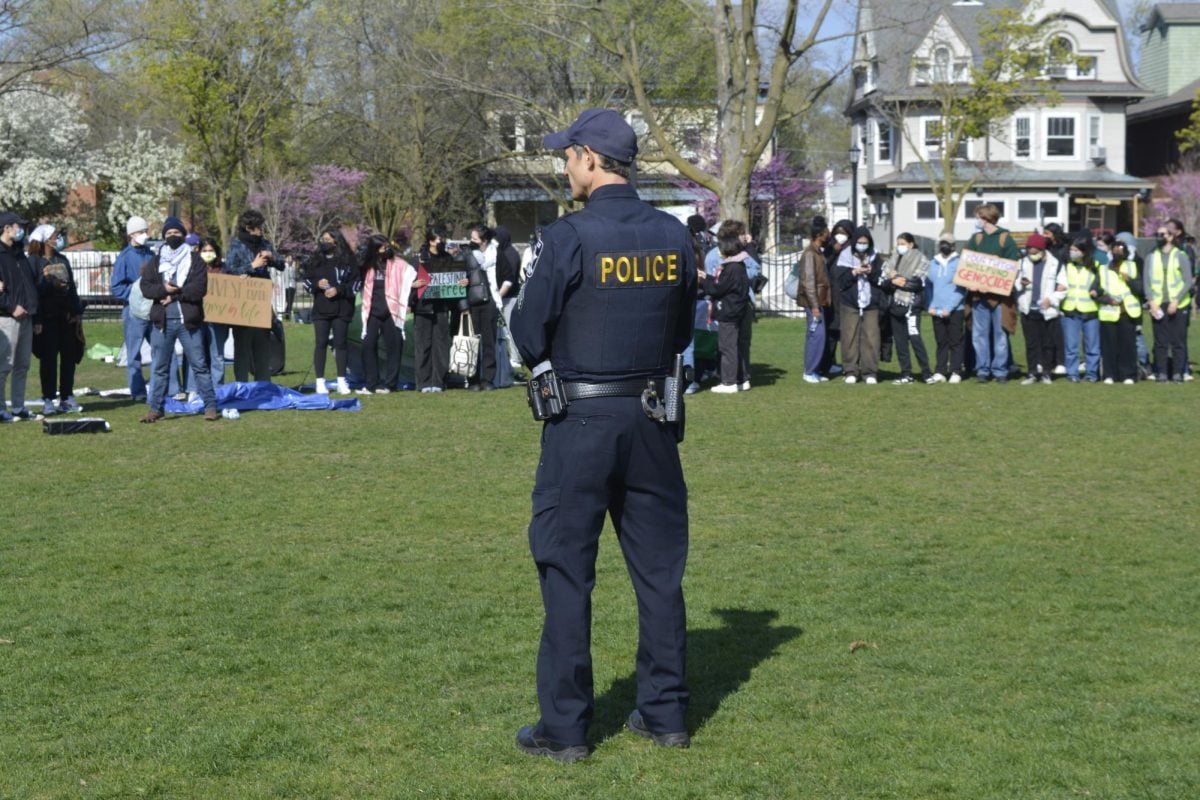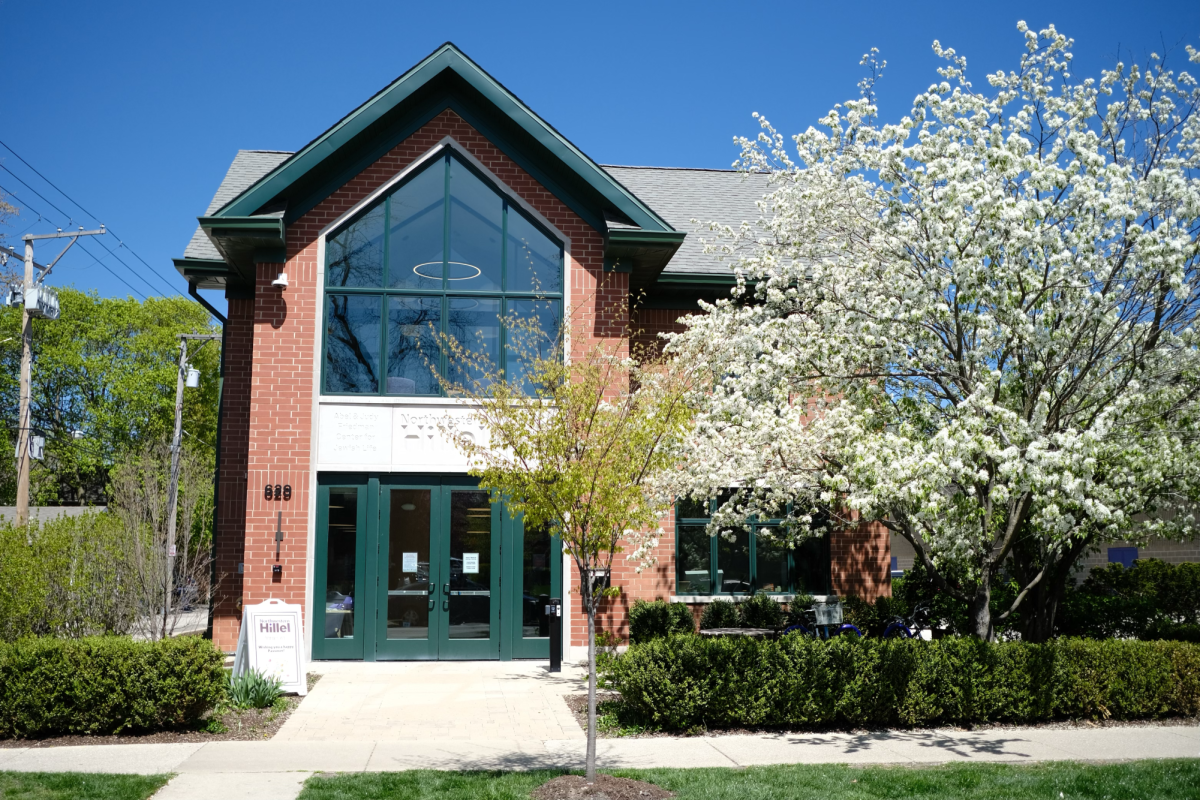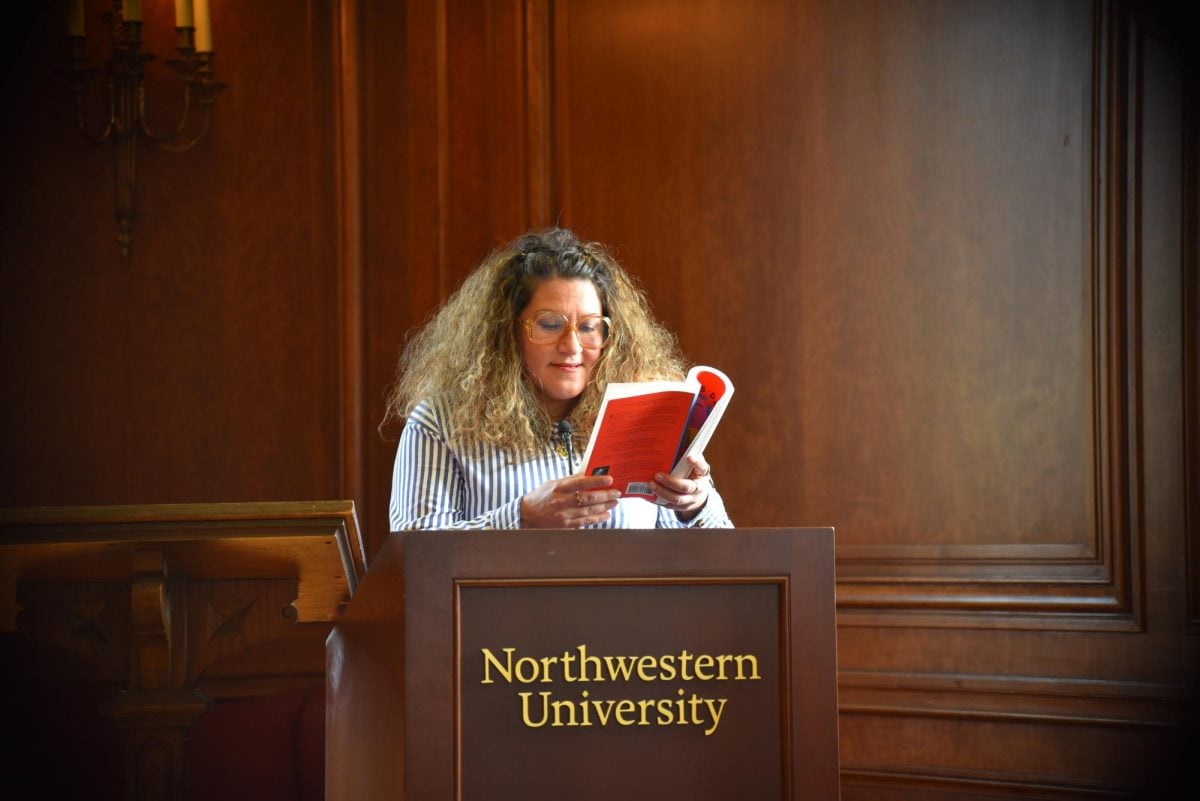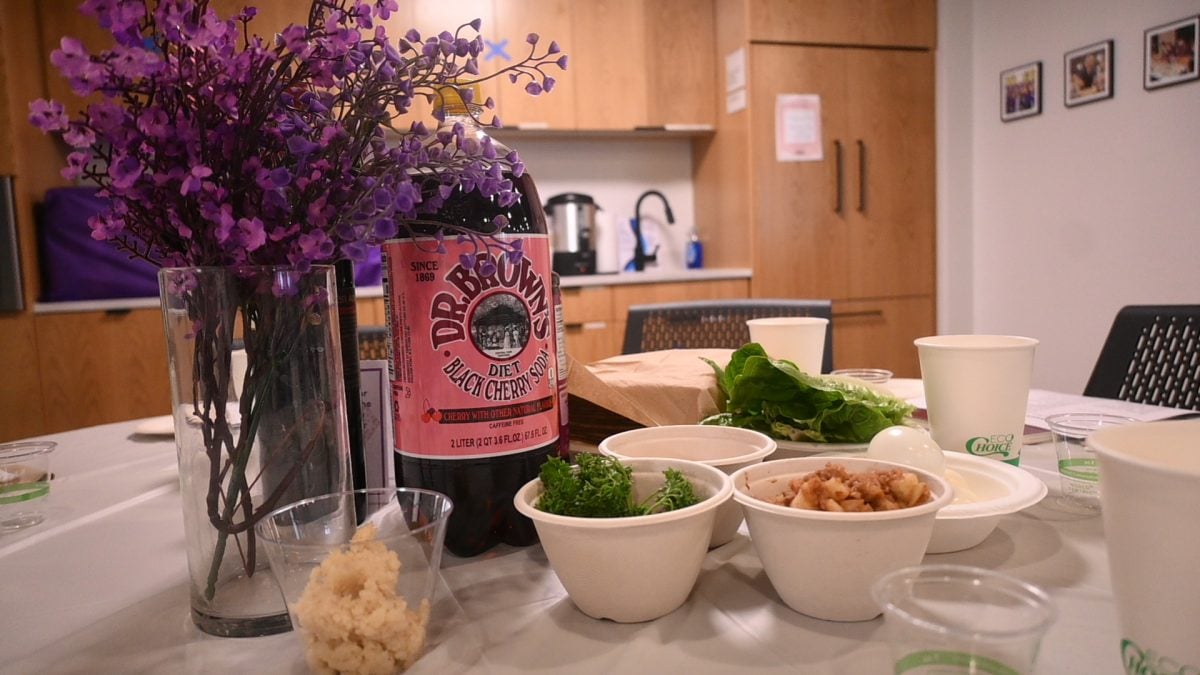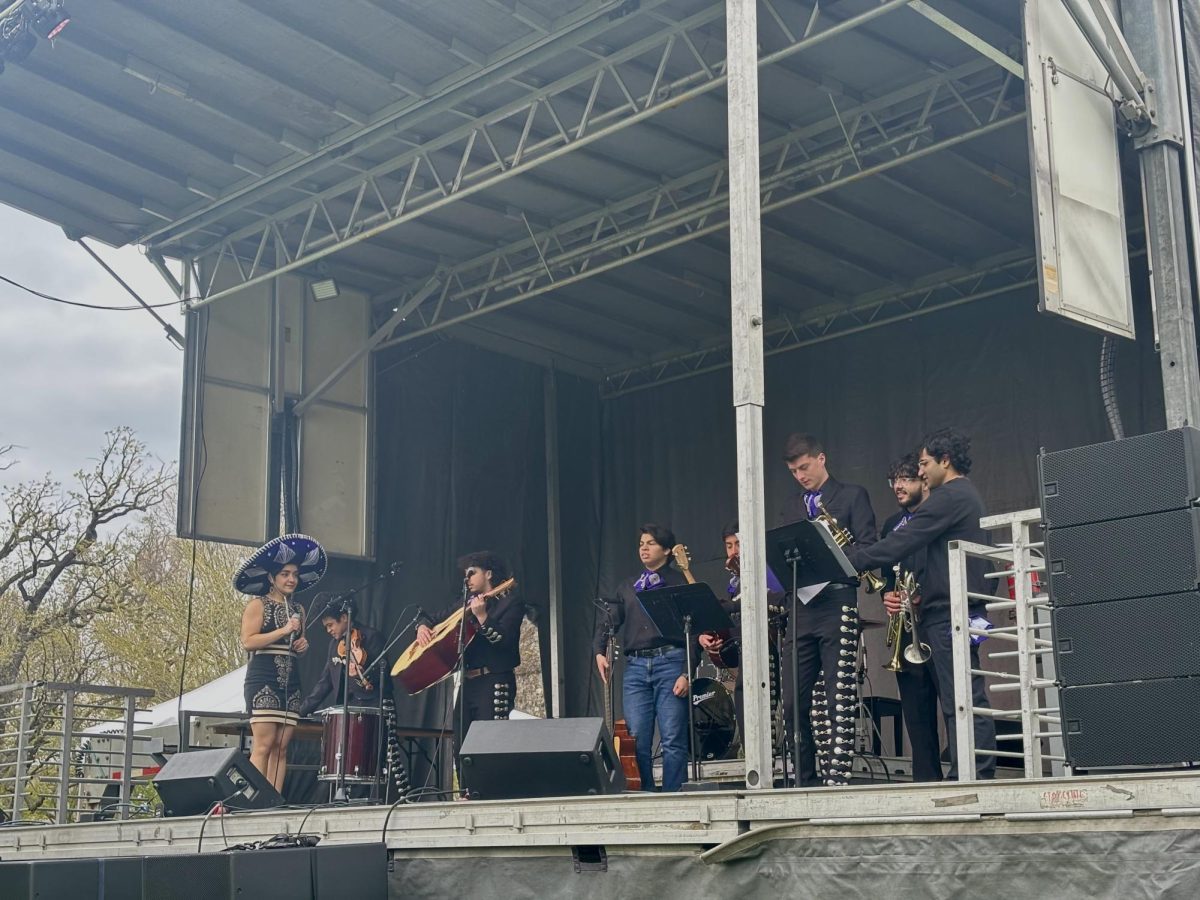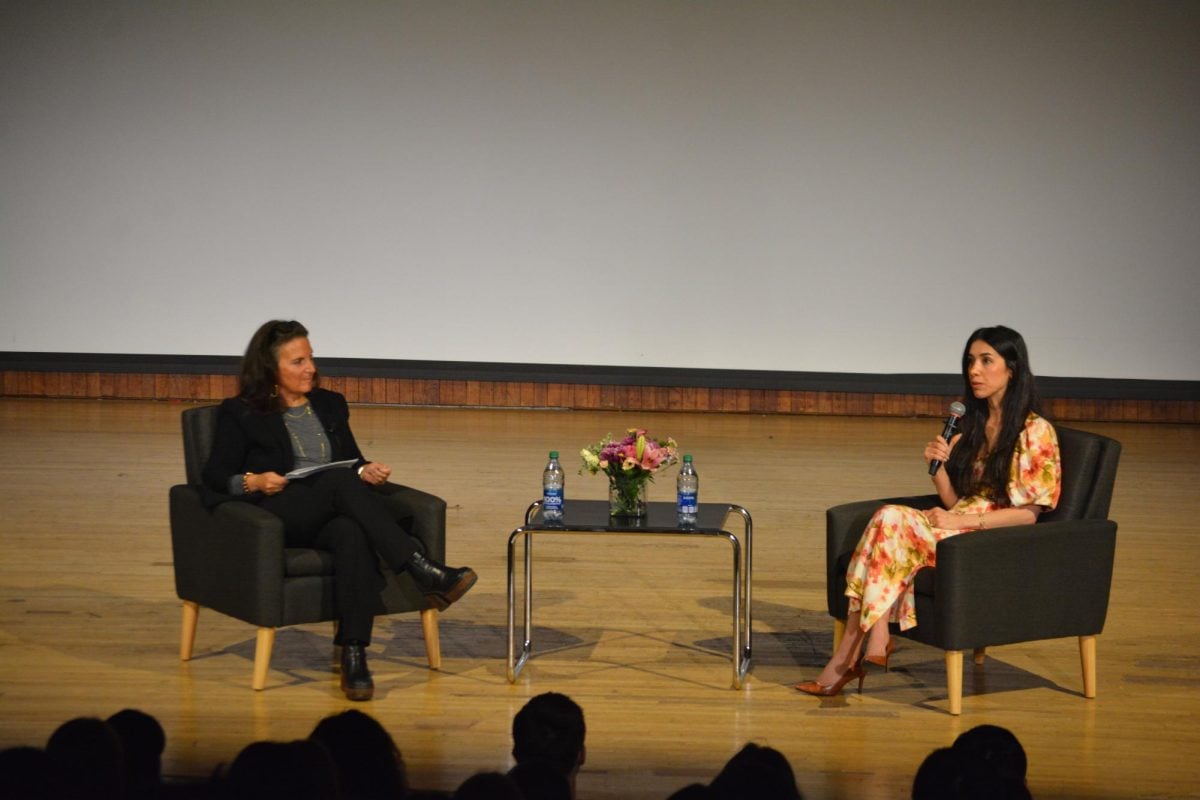The Northwestern Center for Food Allergy and Asthma Research held the first Global Food Allergy Prevention Summit at Robert H. Lurie Medical Research Center in Chicago this weekend, uniting researchers from across the world in the fight against food allergies.
Dr. Ruchi Gupta, the director of the Center and professor of pediatrics at the Feinberg School of Medicine, spearheaded the summit.
“As I went to multiple conferences all over the world last year, I noticed that pieces [of research] would be talked about,” Gupta said. “But there really needed to be a full conference, addressing all the different areas of prevention if we really wanted to make an impact.”
In the United States, 32 million people struggle with food allergies, many of which are life threatening or affect quality of life, according to Food Allergy Research & Education.
Guest speakers came from all over the world, including Australia, England, India and Italy. On Friday and Saturday, speakers presented unique research areas, including preventative approaches to address allergies in children, such as early food introduction, to understanding the environmental factors that contribute towards allergies. Gupta said she hopes attendees will leave the event with a better sense of where the field is headed.
In conjunction with the presentations, groups of researchers participated in working groups to help draft a consensus paper summarizing the discussions for those who could not attend.
Dr. Wayne Shreffler, director of the Food Allergy Center at Massachusetts General Hospital, said he was excited to discuss preventative research. Speakers during the summit shared their research on several methods including oral immunotherapy, a technique that introduces allergens to infants, and maternal feeding practices, both of which desensitize the immune system to common allergens.
In addition to prevention-based research, the conference also highlighted health disparities. Last month, Northwestern Medicine released the first population-based study highlighting how ethnic and age factors contribute towards food allergies. The study, published in JAMA Open Network, concluded that food allergies are lowest among households earning greater than $150,000 and are highest among Hispanic, Black and Asian individuals across all ages.
Dr. Peter Lio, assistant professor of dermatology and pediatrics at Feinberg, explained that food deserts — regions with few options for getting affordable and healthy food — and lack of providers in certain regions are potential reasons for the findings in the NM study.
“I love that part of the emphasis on this conference…is that we really have to take care of everybody. You can’t just be thinking [to take care of]…the people that can afford it,” Lio said. “It’s a much more holistic approach.”
Dr. Rasika Mathias, professor of medicine at Johns Hopkins University, presented her research on the genetics of food allergies within populations of African heritages. Mathias said ethnically inclusive studies are “key to helping bridge gaps…in these underserved communities.”
Beyond medical professors, undergraduate students interested in the up-to-date research also attended. Weinberg freshman Preena Shroff, an intern at the Center for Food Allergy, expressed her excitement.
“There are people coming from so many different countries…here to speak about food allergy and asthma, and that is something I can definitely relate to, as a student who has a lot of food allergies,” Shroff said.
The summit also included several networking events, like a Chicago River boat tour on Friday and a Gala Dinner on Sunday.
“By bringing all these people together, we will hopefully also have an opportunity to develop those collaborations. And that will take us to that next level,” Gupta said.
Email: [email protected]
Twitter: @rohansohini
Related Stories:
— Students with food allergies see room for improvement in dining hall accommodations
— Feinberg professor finds one in 10 Americans have food allergies
— Northwestern Medicine develops new technology to treat allergies, asthma

